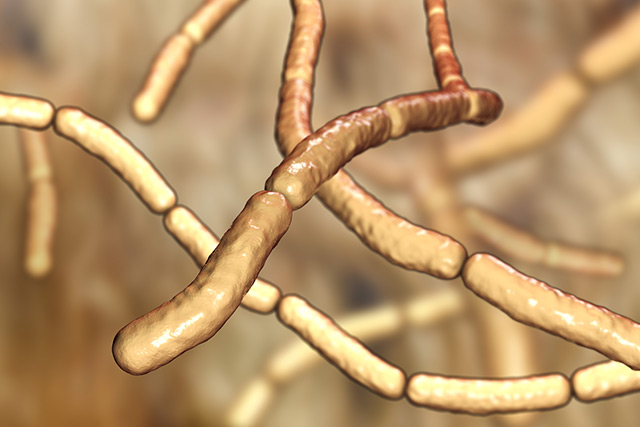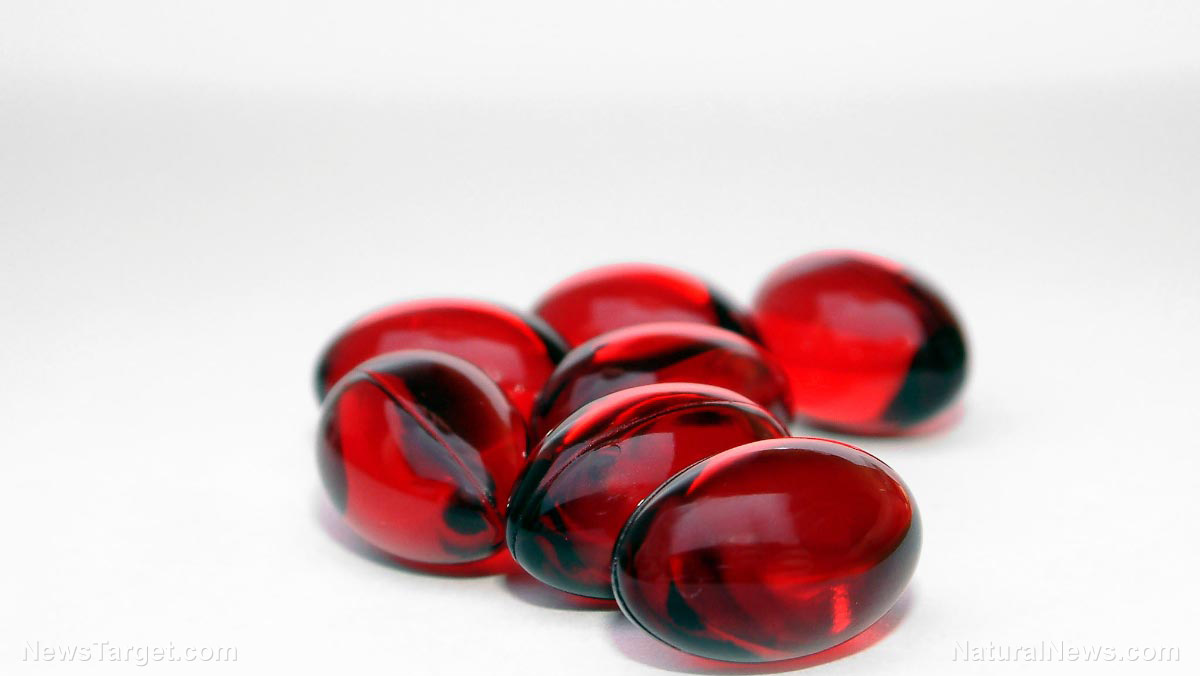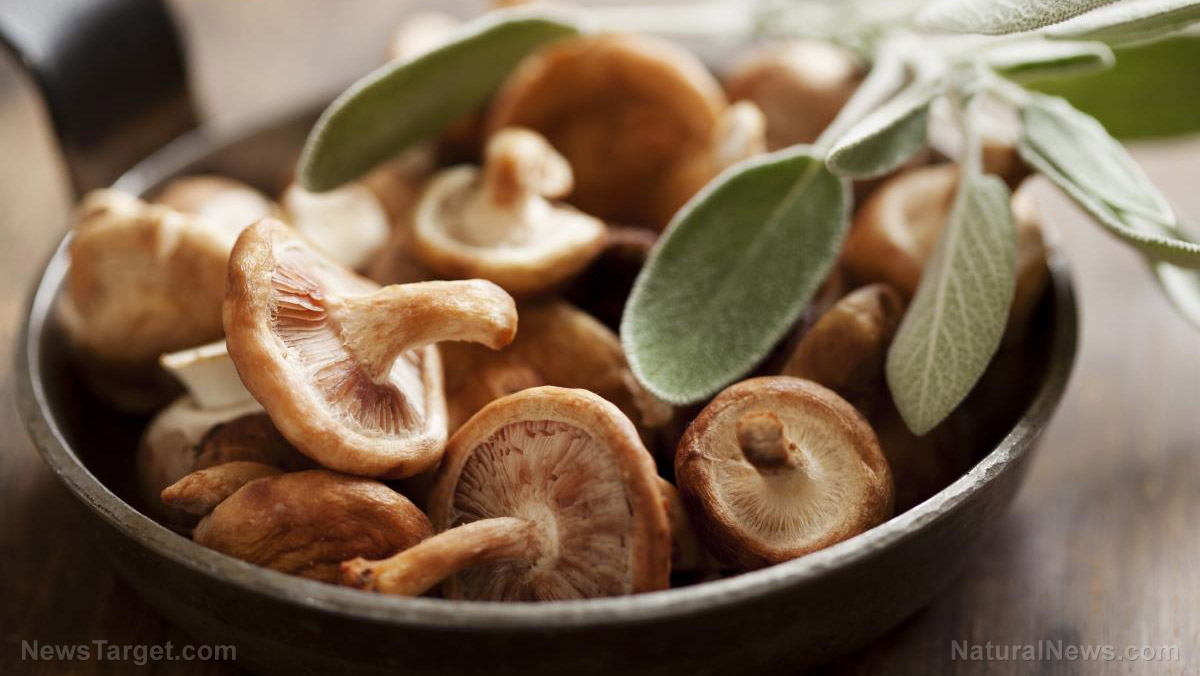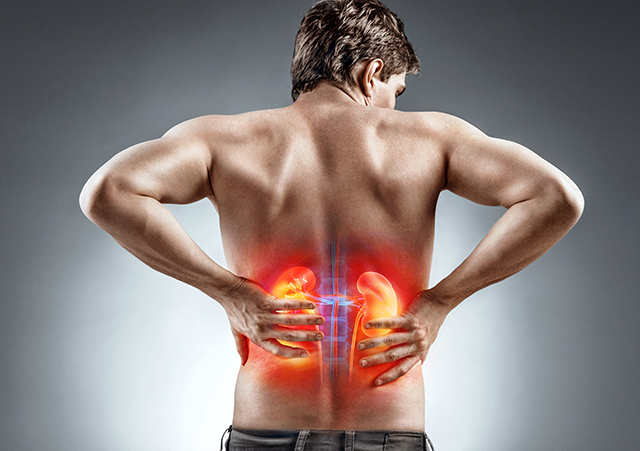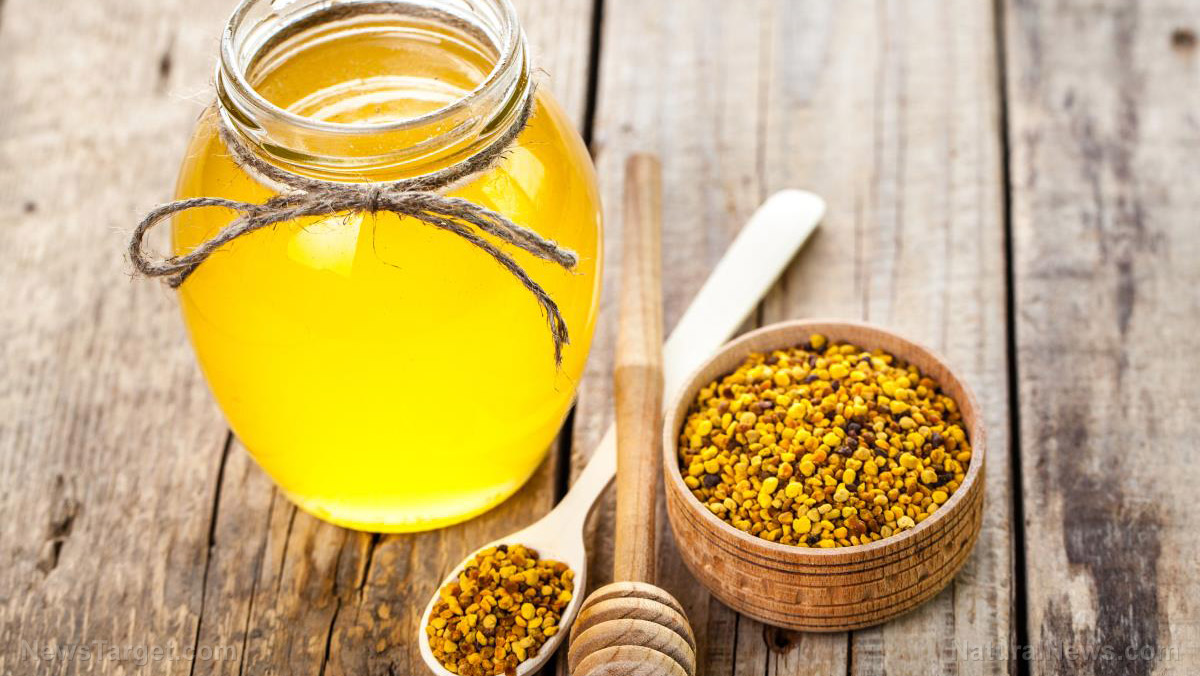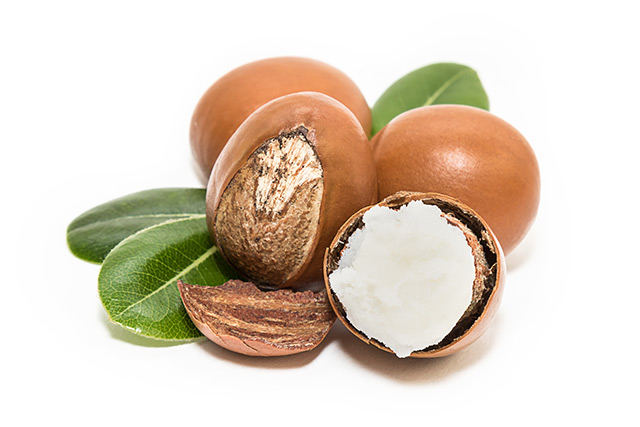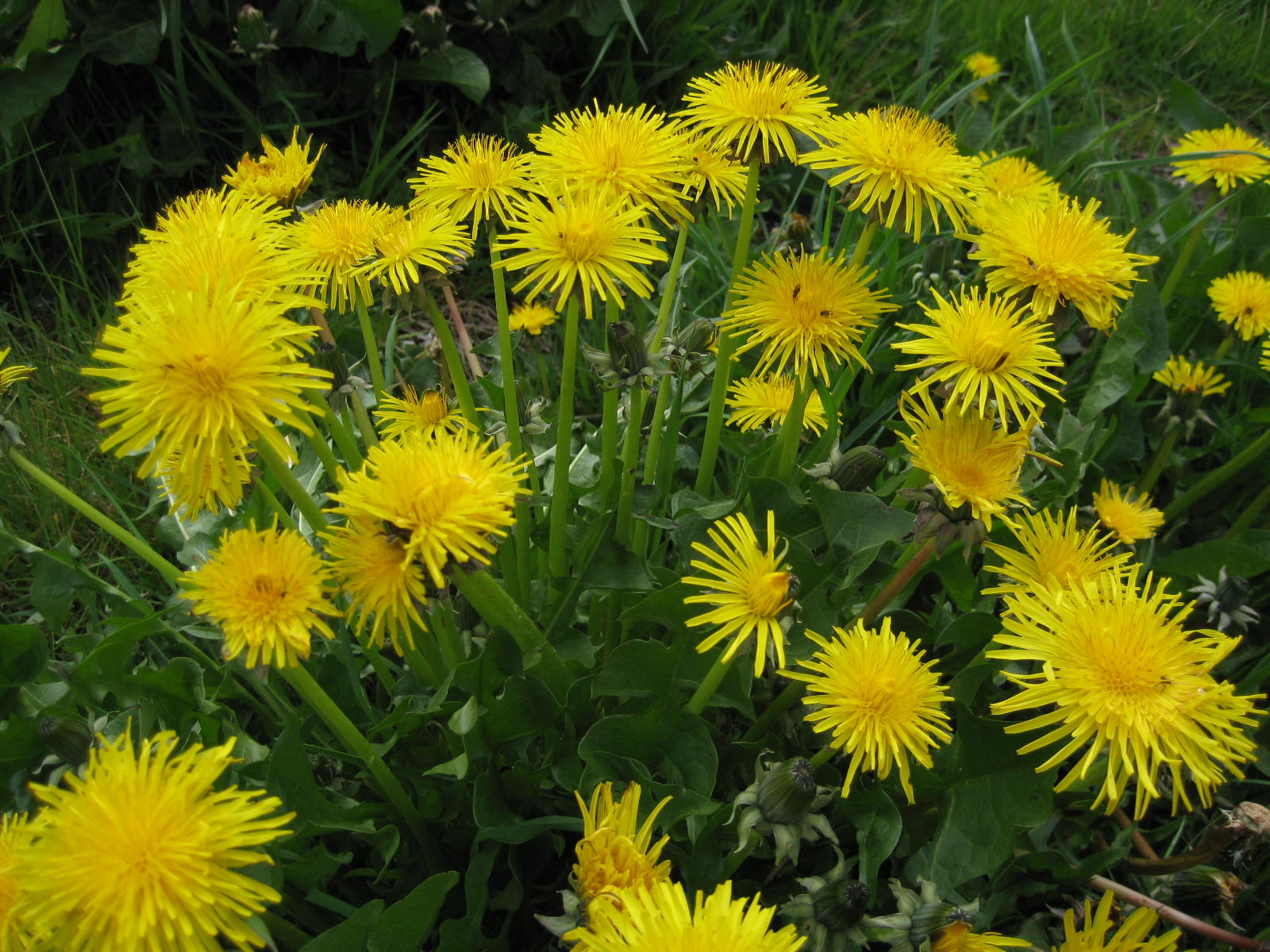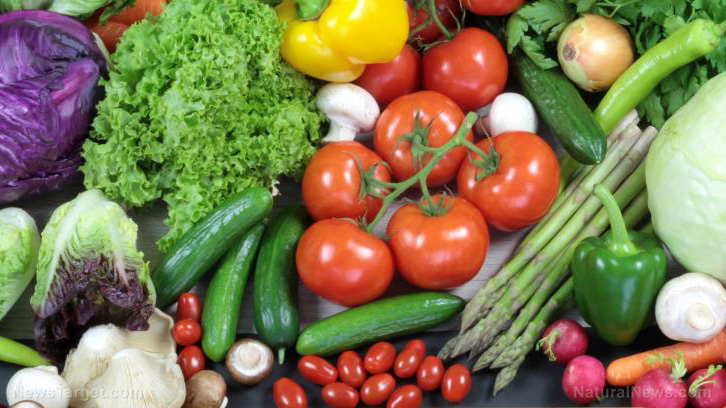Natural compounds in grapes found to decrease inflammation in the brain, ease depression symptoms
08/04/2018 / By Michelle Simmons
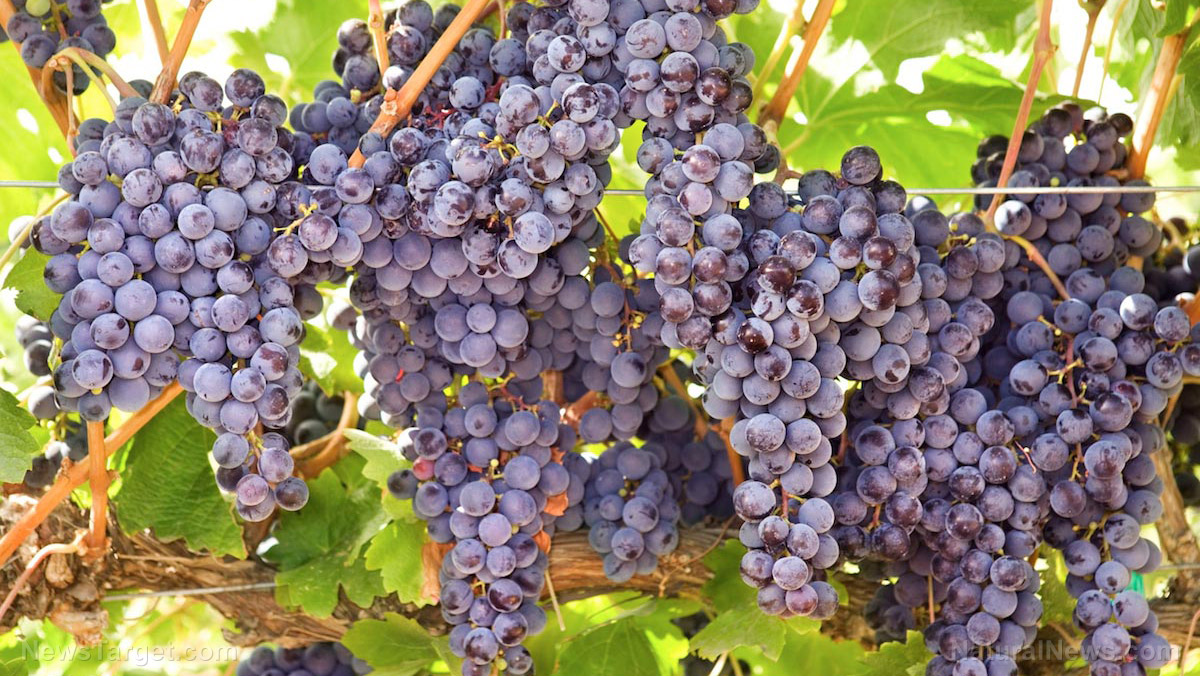
Medications for depression typically do not work and even cause adverse effects. Thus, scientists continue to search for natural and effective treatments for depression. A new study revealed that grapes contain natural compounds that can help reduce inflammation in the brain and relieve symptoms of depression.
The study was conducted by a group of scientists from the Icahn School of Medicine at Mount Sinai who assessed the potential of compounds found in grapes as therapeutic agents for treating depression. In the study, they used a mixture made of Concord grape juice, a grape seed extract, and trans-resveratrol called “bioactive dietary polyphenol preparation” (BDPP). Moreover, they evaluated the effect of two phytochemicals derived from metabolizing BDPP called dihydrocaffeic acid (DHCA) and malvidin-3′-O-glucoside (Mal-guc). Then, BDPP was administered to a group of chronically stressed mice.
The scientists discovered that the grape-derived compounds boosted the resilience of mice against stress-induced depression as the BDPP regulated the plasticity of the synapses of the brain and inflammation. DHCA weakened interleukin 6 (IL-6), which is a pro-inflammatory substance produced by T cells and macrophages to prompt an immune response. It worked by epigenetically regulating the non-coding sequence of the IL-6 gene. At the same time, Mal-guc regulated histone acetylation of the Rac1 gene and enabled transcription activators to access the DNA for increased transcription in the brain, which affected the expression of genes accountable for synaptic plasticity.
“The discovery of these new, natural grape-derived polyphenol compounds targeting cellular and molecular pathways associated with inflammation may provide an effective way to treat a subset of people with depression and anxiety, a condition that affects so many people,” said lead researcher Giulio Maria Pasinetti.
Depression and its symptoms
Depression is a common but serious mental disorder that affects more than 300 million people of all ages from different parts of the world. This condition results in severe symptoms that affect a person’s feelings, thinking, and handling of day-to-day activities such as sleeping, eating, or working. A person who experiences the following signs and symptoms for at least two weeks may be suffering from depression:
- Persistent sad, anxious, or “empty” feeling
- Feelings of hopelessness or pessimism
- Irritability
- Feelings of guilt, worthlessness, or helplessness
- Loss of interest or delight in hobbies and activities
- Reduced energy or fatigue
- Moving or talking more slowly
- Feeling restless or having trouble sitting still
- Having difficulty in concentrating, remembering, or making decisions
- Having a hard time sleeping, early-morning awakening, or oversleeping
- Sudden changes in appetite and/or weight
- Thoughts of death or suicide, or suicide attempts
- Aches or pains, headaches, cramps, or digestive problems without a definite physical cause and/or that do not heal even with treatment
Natural treatments for depression
Here are seven mood-boosting foods that can help treat depression.
- Red wine – A study conducted in Australia found that people who suffered from major depression and adhered to a healthy diet displayed great improvements in their depressive symptoms. The healthy diet included whole grains, vegetables, lean meats, and fruit. The diet also included drinking a maximum of two glasses of red wine every day with meals.
- Healthy fats – Diets that include egg yolks and a maximum of three tablespoons of olive oil daily were linked to lower rates of anxiety and depression.
- Bacon – Bacon contains amino acids that are linked to reducing depression and anxiety.
- Sweet potatoes – Gluten-free foods like sweet potatoes may help reduce depressive symptoms.
- Turkey – Turkey contains tryptophan that is converted to serotonin in the brain. Low levels of serotonin have been associated with depression and suicide.
- Carbohydrates – Carbs that contain a low glycemic index or are high in fiber like beans and apple may help prevent depression as a low-carb diet has been associated with depression symptoms.
- Coffee – Depression has been linked to low levels of dopamine. Caffeine can help increase dopamine, which could help prevent anxiety and depression.
If you’d like to read more news stories and studies on beating depression, see BeatDepression.news.
Sources include:
Tagged Under: depression, depression treatment, DHCA, food as medicine, food cures, grape compounds, grapes, grocery, Mal-guc, mental health, mood-boosting foods, natural cures, natural medicine, natural remedies, phytonutrients, stress

